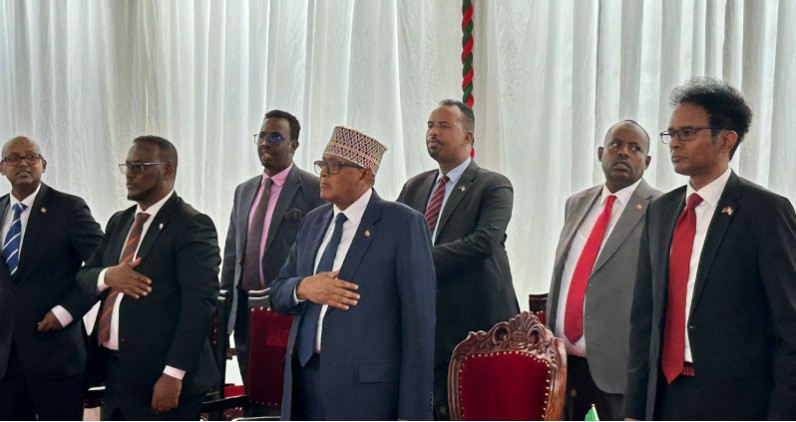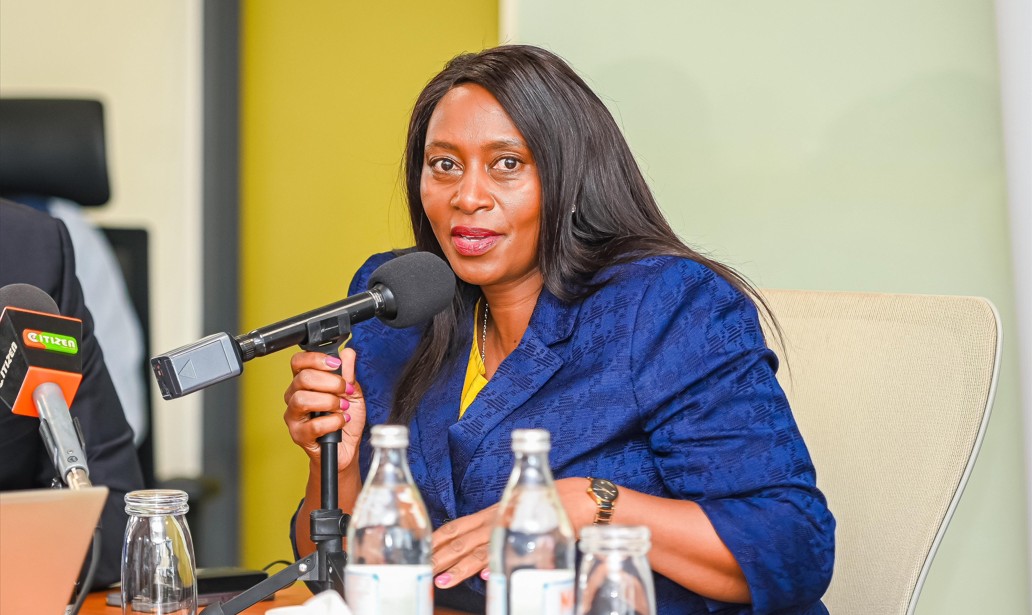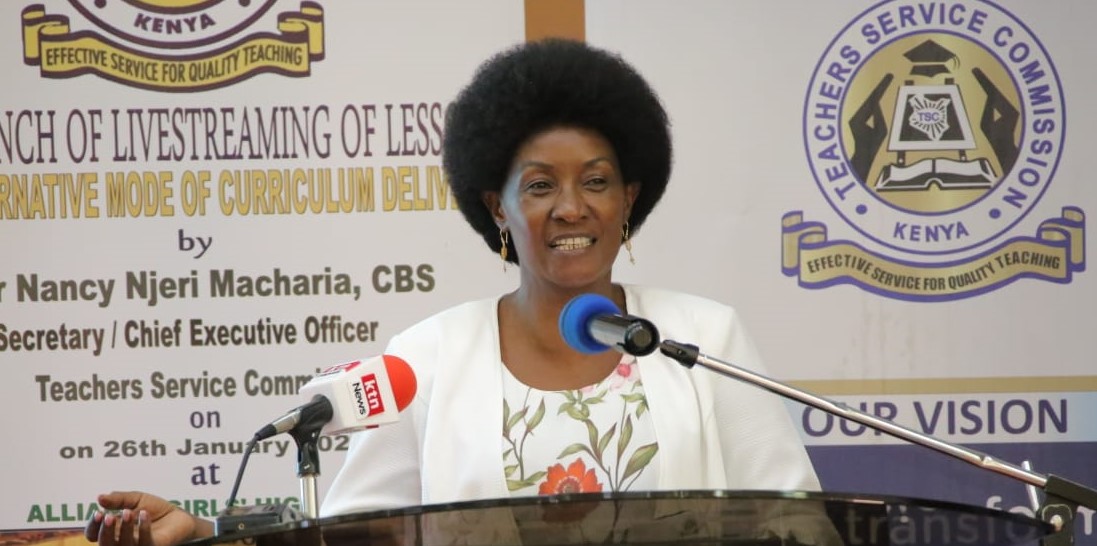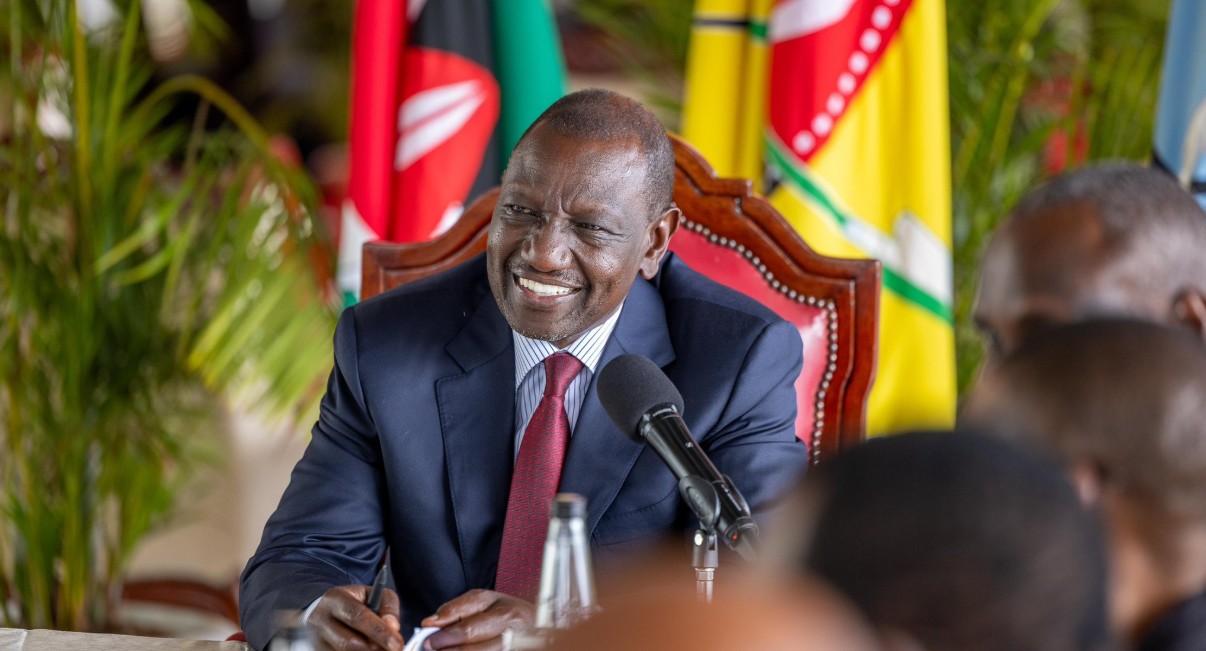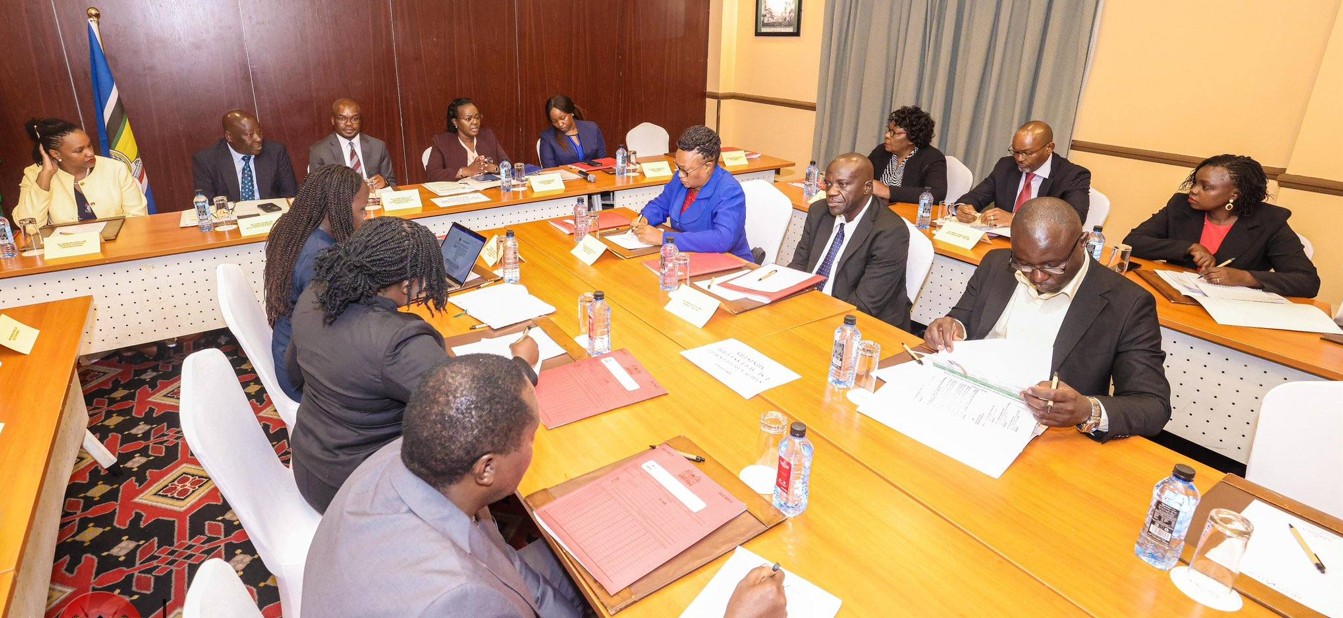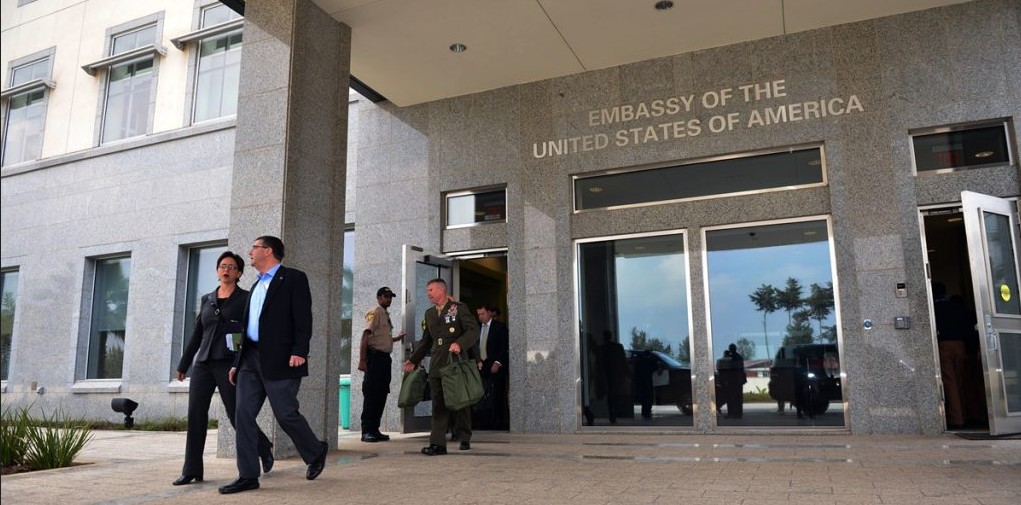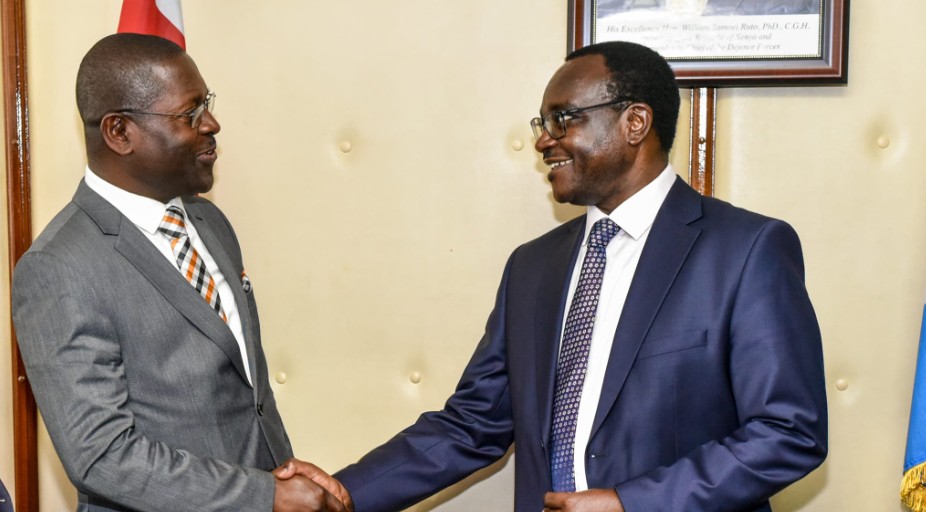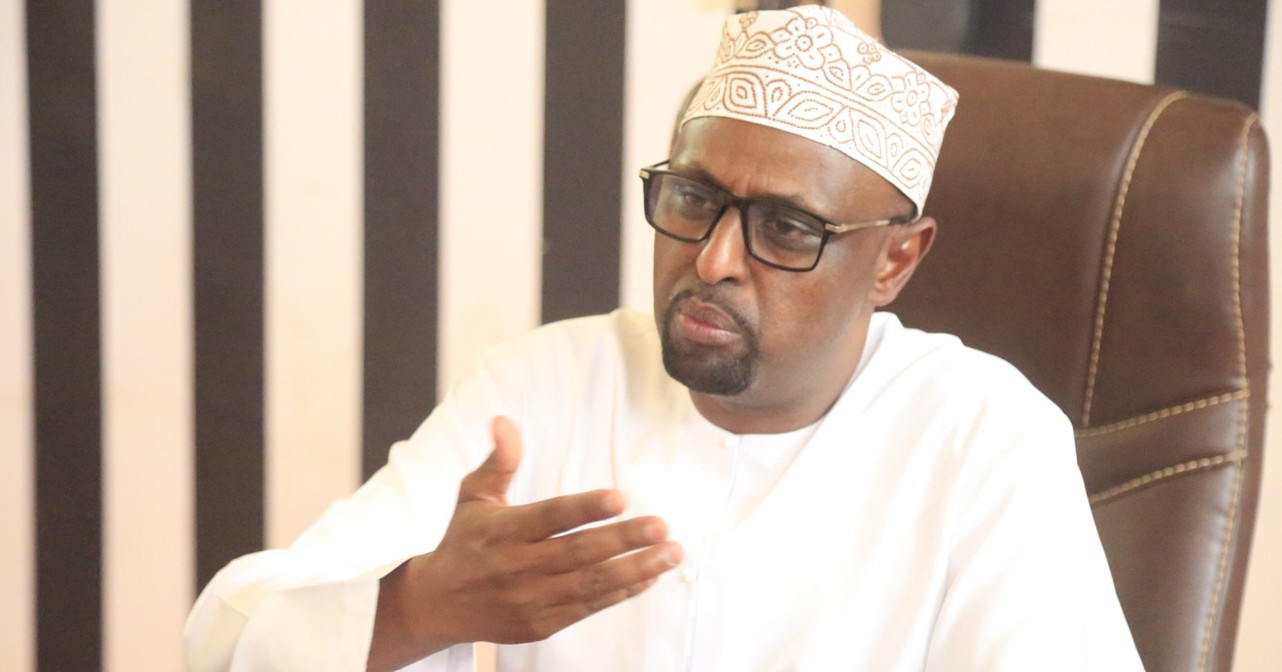Auditor-General warns of budget delays disrupting government services
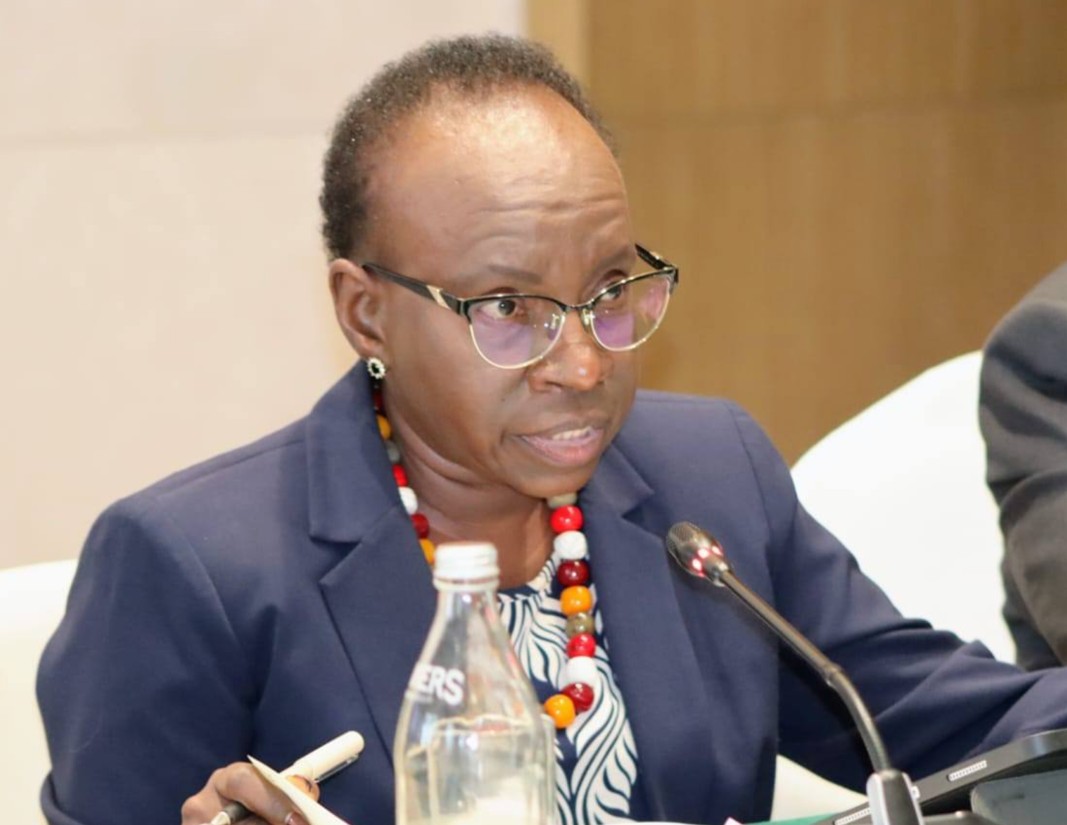
According to her, the impact is felt across multiple government levels, with delayed spending leading to rushed and inefficient project implementation.
The Auditor-General has raised alarm over persistent delays in the release of Exchequer funds, warning that these disruptions continue to affect how both the national and county governments deliver services.
Appearing before the Budget and Appropriations Committee on Tuesday, Nancy Gathungu told MPs that Exchequer releases are at times made as late as July, after the financial year has ended, leaving government departments and county governments with very little time to spend the funds.
More To Read
- Auditor General flags risks in Kenya’s Sh4.24 trillion budget, warns of rising debt
- Sh46.5 billion equalisation fund shortfall denies marginalised counties critical services
- NPSC opposes MPs’ bid to redirect Sh833m from police insurance to settle idle hospital debt
- Water Ministry on the spot over Sh1 billion in stalled projects
- Delayed payments cost taxpayers Sh4.3bn in avoidable interest, says Auditor-General
- Auditor-General flags Sh38bn in stalled projects in 24 state departments
“As a result of late Exchequer releases, both the National Government and County Governments are left with limited time to absorb the funds,” she said.
Gathungu added that such delays pose a serious risk to the quality of public service delivery.
“There is also a risk of inefficient utilisation of resources by entities, leading to wastage of public resources. This disrupts the performance of government programs by slowing down the attainment of development objectives and service delivery to the citizens,” she added.
According to her, the impact is felt across multiple government levels, with delayed spending leading to rushed and inefficient project implementation.
The Auditor-General also pointed to underfunding as a persistent challenge, particularly at a time when audit demands are increasing due to more institutions becoming self-accounting.
While presenting the Office of the Auditor-General’s budget estimates for the 2025/26 financial year, Gathungu disclosed the office had been allocated Sh8.689 billion, comprising Sh8.359 billion for recurrent expenditure and Sh330 million for development.
This figure represents a slight increase of Sh36.8 million from what was proposed in the 2025 Budget Policy Statement.
“The additional allocation was made following my appeal to this Committee and the National Treasury for increased resources to address the growing audit scope, especially with Public Secondary Schools and TVETs becoming self-accounting,” she explained.
Gathungu also urged legislators to fast-track the creation of a Single-Line Budget for her office, saying the current arrangement, where funds are released through the National Treasury, limits their flexibility in responding to urgent audit needs.
“This will give the office some degree of financial independence and facilitate effective and efficient responses in addressing emerging audit issues and in responding to requests by Parliament and County Assemblies for special audits, without having to seek reallocations through the National Treasury,” she said.
In response, members of the committee expressed support for the Single-Line Budget arrangement and pledged to help strengthen the Auditor-General’s independence.
The committee also reviewed findings from recent public hearings held across 11 counties on the proposed 2025/26 budget estimates.
Top Stories Today
